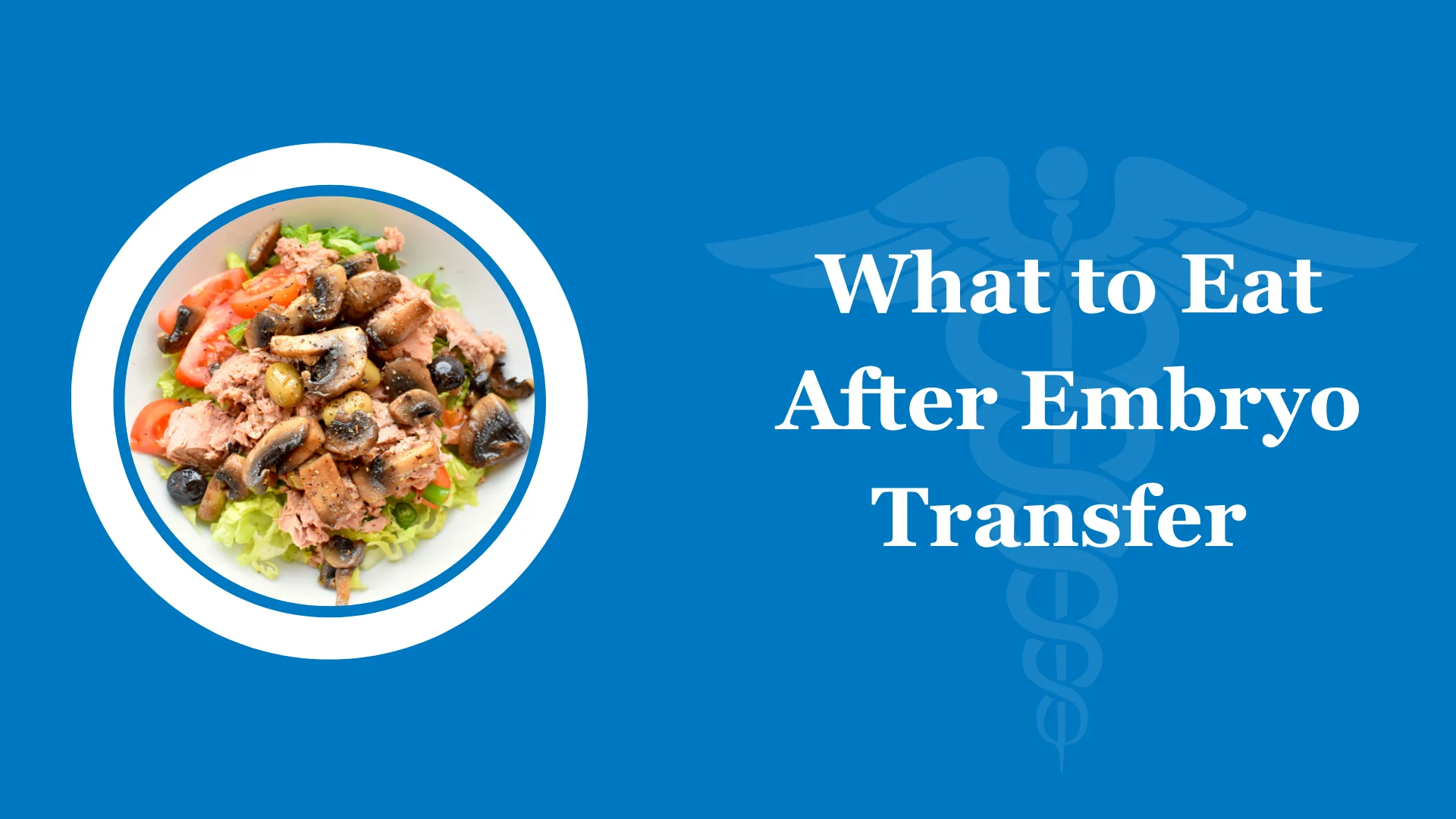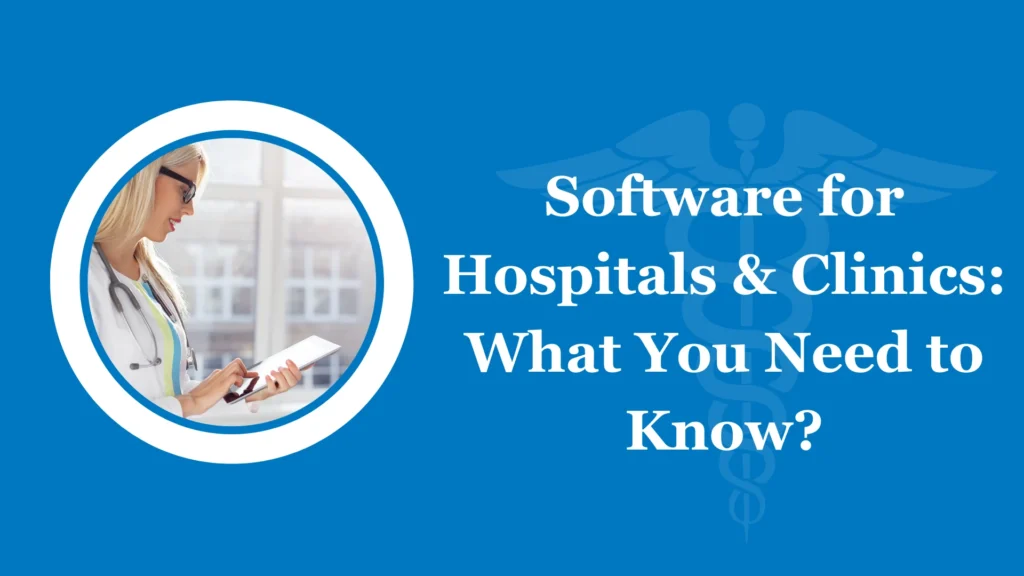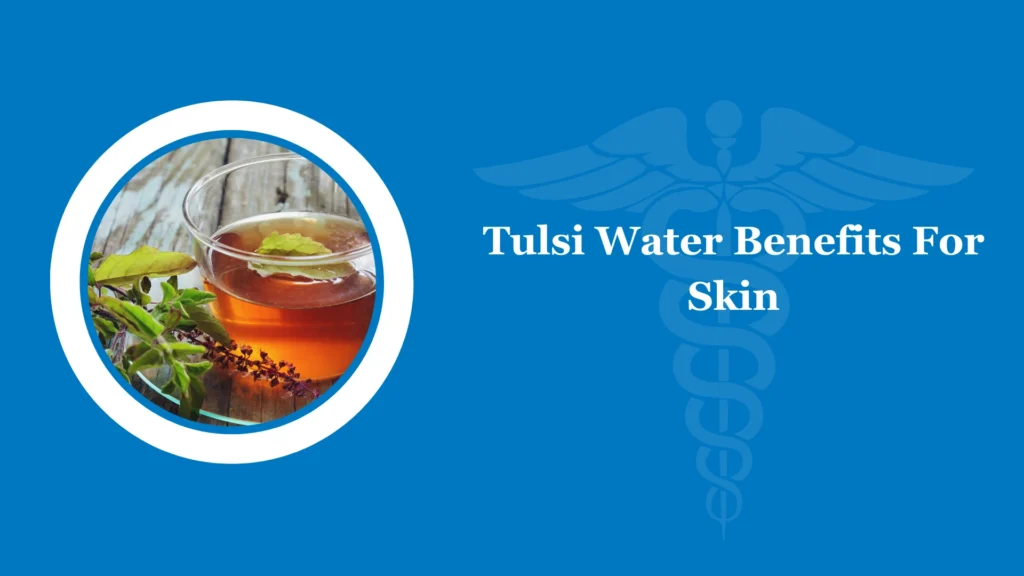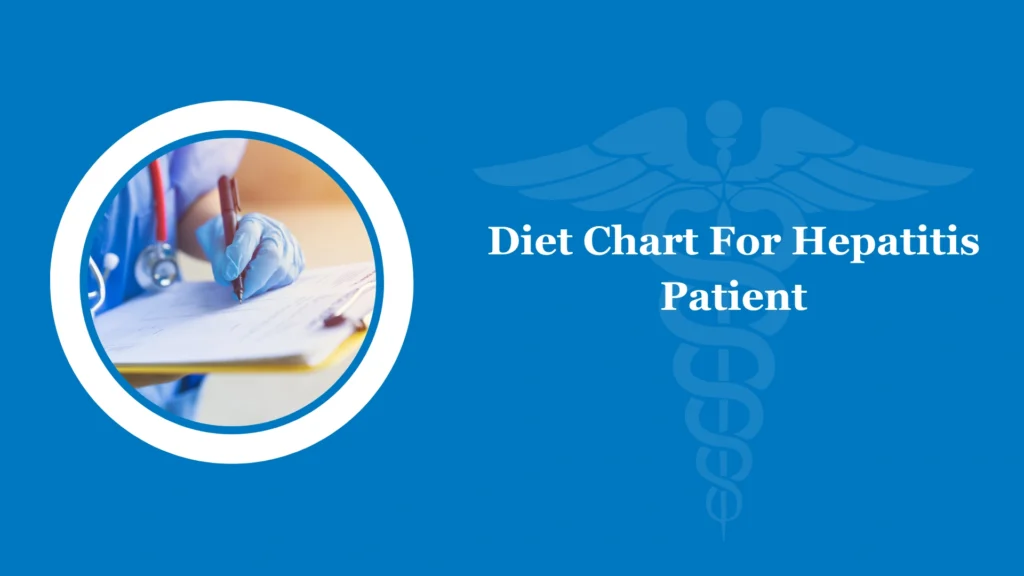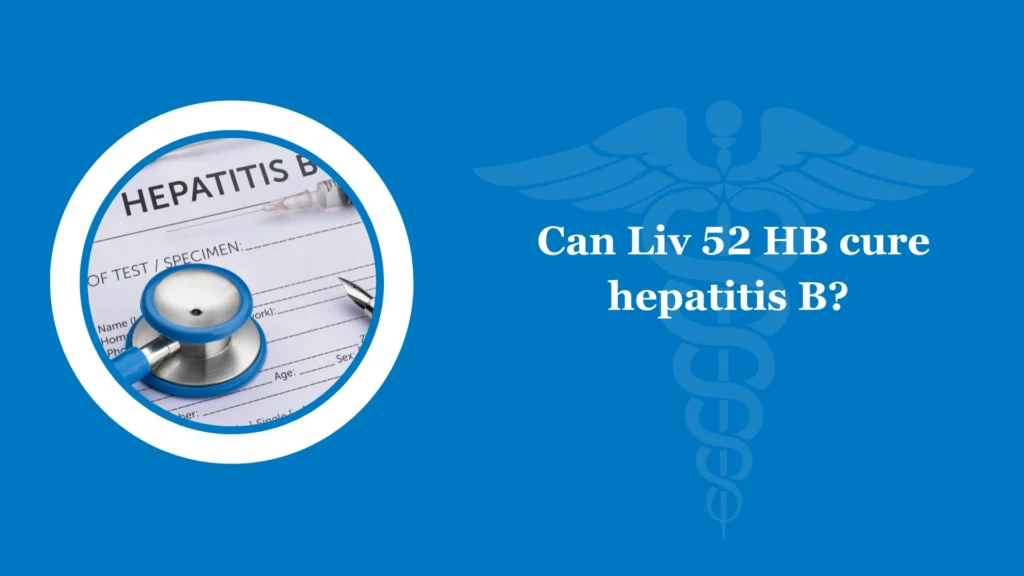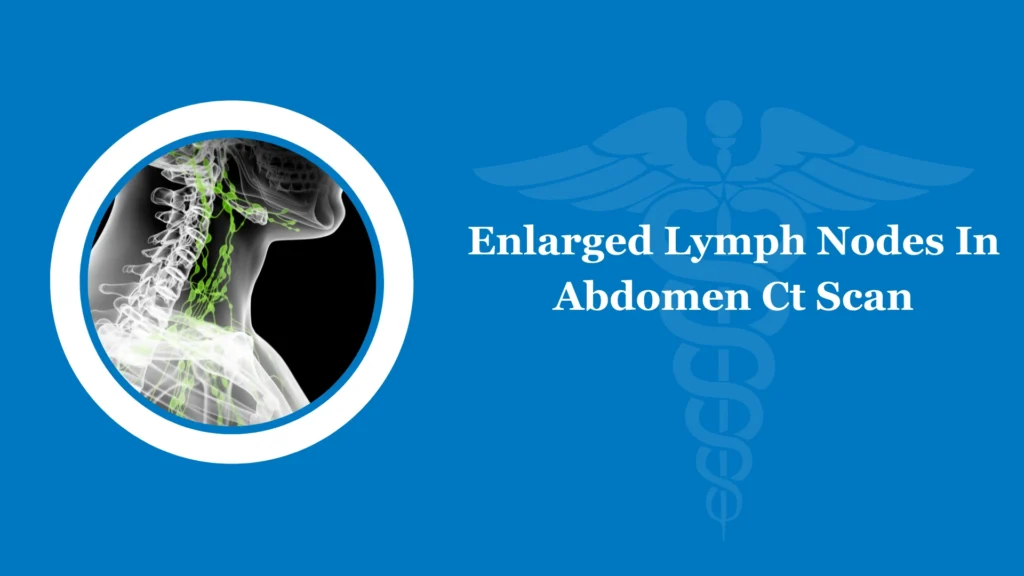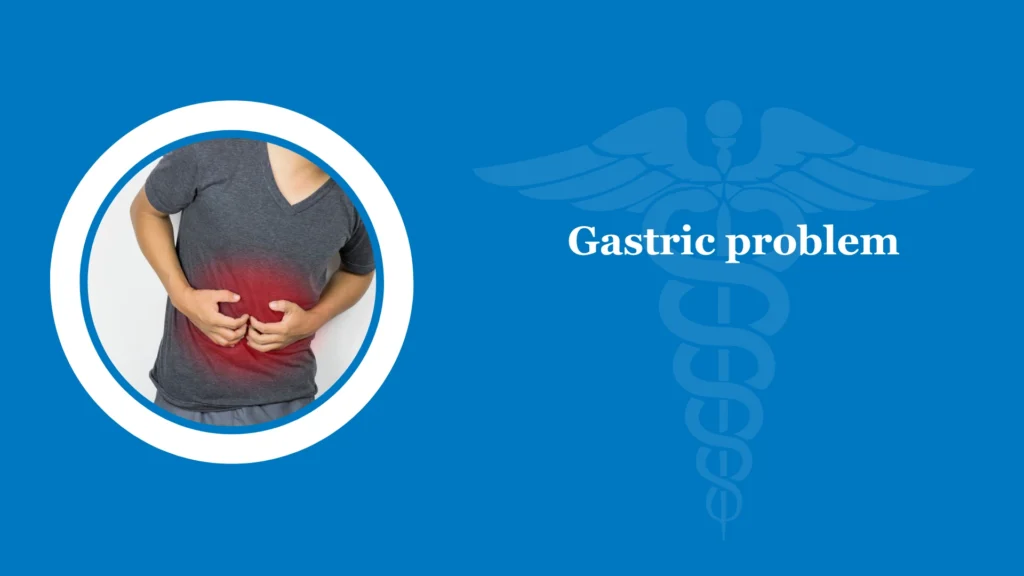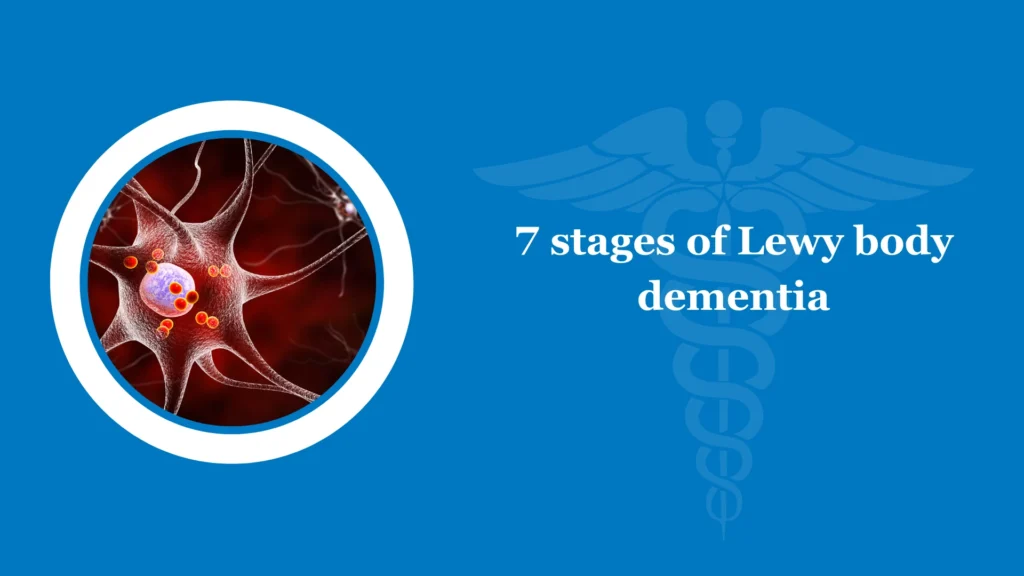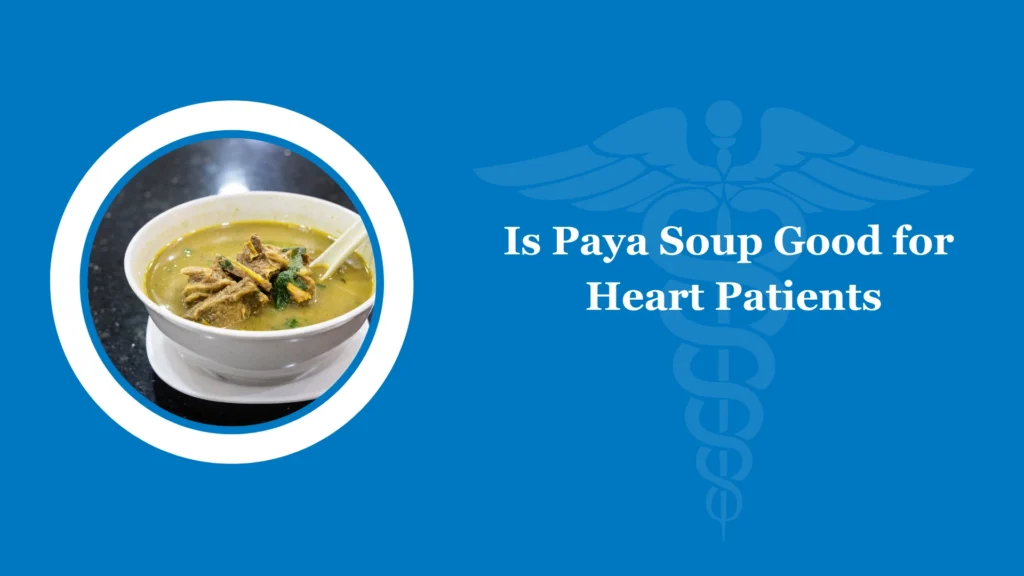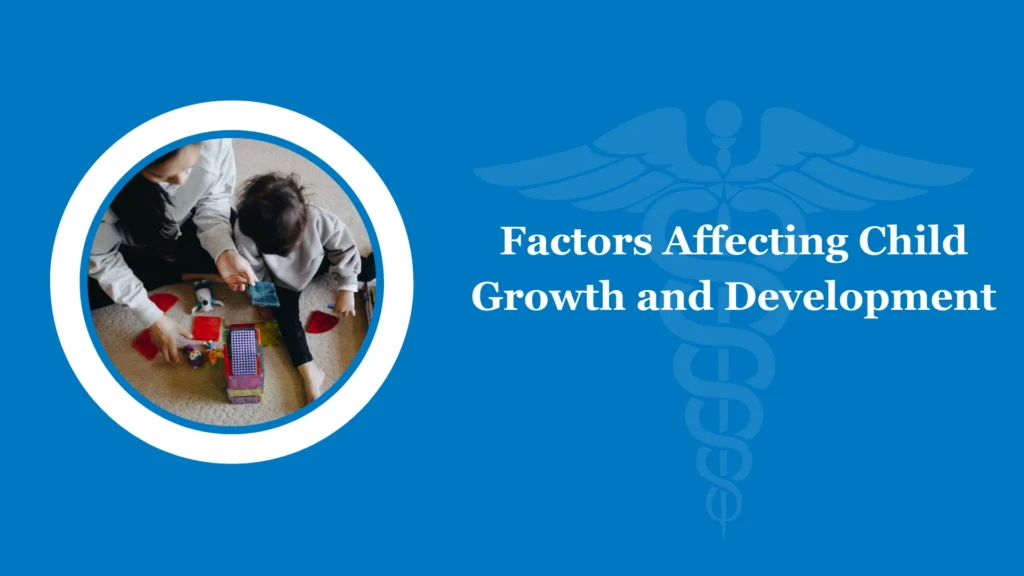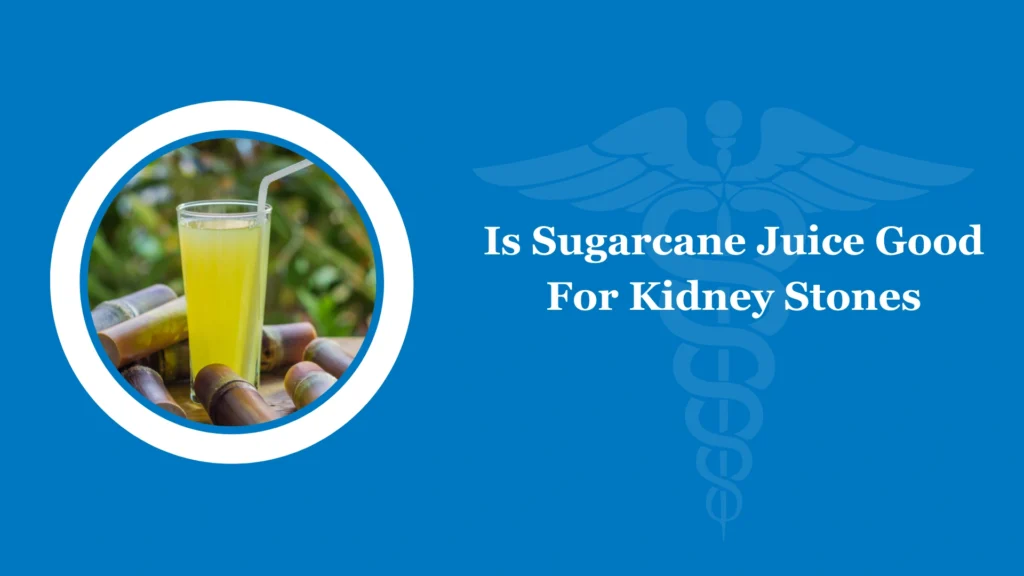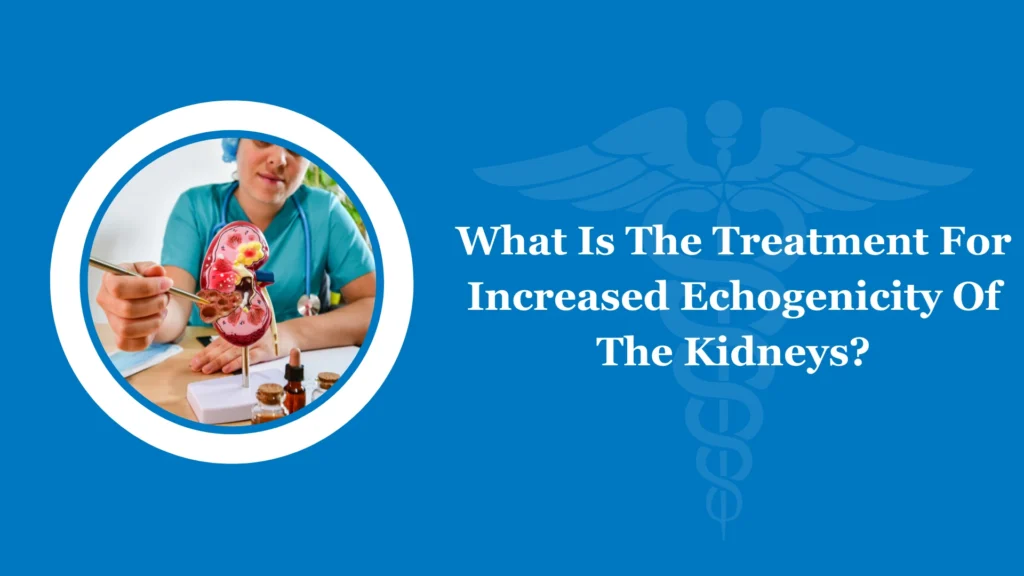Looking for the best diet foods after embryo transfer? Then you are at the right place. This article presents you with a healthy diet to achieve successful pregnancy in IVF treatment.
Infertility is the biggest trouble many couples are struggling with. To help them experience the dream of parenthood, IVF comes as a remarkable solution. It is complex yet brings joy to millions of families worldwide.
But before knowing the results, you will be suggested to a healthy diet to fight against infertility complications. Embryo transfer is a big process as you are recommended what to eat and what to avoid on a daily basis.
At this stage, these are the list of foods analyzed in detail to lower the chances of failure.
Best food after embryo transfer
Firstly, diet food in the sense you do not revolve around specific types of nutrition. It includes everything that your health actually needs. If you are a vegetarian, follow your days with nuts, fruits, vegetables and whole grains. However, a non-vegetarian can prefer fish.
Whole Grains
Grains are the bedrock of maintaining a healthy diet including complex fiber, nutrients, and carbohydrates that support pregnancy.
Quinoa: Quinoa contains a sufficient level of nutrients, fiber, proteins and minerals. Besides, it is a powerhouse of all nine amino acids essential for a healthy pregnancy journey.
Brown Rice: Brown rice will be your best meal to help maintain proper sugar levels in your body and support easy digestion.
Whole Grain Bread: Instead of white bread, opt for whole grain bread enriched with dense nutrients, B vitamins, and fiber.
Lean Proteins
Lean protein encourages the growth and development of a baby’s muscles, organs, and tissues.
Chicken: Choose the breast part of chicken that contains low fat and a rich source of protein. It also provides necessary supplements like zinc, B vitamins, and iron.
Tofu: Tofu is an ideal choice for vegans and vegetarians, it is an excellent plant-based protein source. Incorporate in your meal to gain a rich amount of vital nutrients, calcium and iron.
Fish: Fish, in particular, helps improve omega-3 fatty acids, reduce inflammation and support brain growth. Ensure avoiding fish varieties like king mackerel and swordfish contain high-mercury levels.
Dairy Products
Dairy products are unavoidable, enriched with necessary nutrients like Vitamin D, calcium, and protein.
Cottage Cheese: It is well-known as a paneer packed with a good source of protein and calcium. You can enjoy it as a dish or snack.
Greek Yogurt: Greek yogurt is another great option to support gut health. You can consume it with nuts or fruits for added flavor and nutrition.
Skim Milk: Skim milk contains low-fat content and provides your body with essential nutrients like Vitamin D and calcium.
Fruits and vegetables to eat after embryo transfer
A healthy diet chart is incomplete without fruits and vegetables providing an abundant source of antioxidants, vitamins and minerals for healthy pregnancy.
Berries: Berries like strawberries and blueberries are rich in antioxidants elevate the immune system and reduce inflammation.
Avocado: It is a healthy and delicious fruit high in fiber, potassium, and fats best for your health after embryo transfer.
Leafy Greens: High in calcium, folate, and iron crucial for your overall well-being and baby’s development.
Healthy Fats
Similar to other nutrients, healthy fats are also essential to support a baby’s heart health and brain development.
Nuts and Seeds: Rich in necessary minerals, protein and fats. Consume nutrient-dense snacks like almonds, chia seeds and walnuts to boost energy and immune system.
Olive Oil: Best choice for improving heart health, rich in antioxidants and monounsaturated fats.
Salmon: Consuming twice a week provides not only a lean protein but also omega-3 fatty acids essential to support brain health and reduce inflammation.
Hydration
Being hydrated is important to improve your overall well-being, specifically after embryo transfer.
Water: Drink at least 8 cups of water a day to improve your body’s various functions and stay refreshed.
Herbal Teas: Herbal teas are the best alternative to water to keep your body relaxed and stay hydrated.
Natural Fruit Juices: Fruits and beverages are 100% healthy and refreshing. Be aware of the sugar content while consuming regularly.
Foods to Avoid After IVF Embryo Transfer
The foods that typically impact your health are a must to avoid.
Processed Foods
Processed foods can affect your health very badly. It contains unhealthy additives, fats, and sodium that are a must to avoid after embryo transfer.
Fast Food: It is a widely known fact that fast food is typically high in harmful sodium, sugar and fats. Frequent consumption may encourage weight gain and inflammation.
Canned Meals: Contains rich sodium and preservatives. It is best to choose fresh and harm-free ingredients to prepare a healthy meal.
Packaged Snacks: Packaged food products are completely encompassed with excess sugar, artificial ingredients and unhealthy fats. Prefer buying unprocessed snacks like yogurt, fruits and nuts.
High Sugar Content
Taking excess sugar content tends to meet hindrances in your pregnancy journey. Plus, you may start to gain sudden weight, inflammation and insulin resistance.
Chocolates: Candies may provide a tiny amount of nutritional value to your health yet increase your blood sugar level. While craving for chocolates, treat your taste buds with fruits or a small piece of dark chocolate.
Soda: Soda is a sugary beverage enriched with added sugars and empty calories. Choose natural fresh juice or herbal teas instead.
Excessive Caffeine
Caffeine content may worsen your condition after embryo transfer. Moderate consumption is advisable still it should be taken occasionally.
Coffee: Coffee is the foremost thing when talking about caffeine content. Limit your coffee to one cup a day and switch over to low-caffeine alternatives.
Energy Drinks: Avoid beverages with a rich amount of sugar content and caffeine. Opt for healthier alternatives to stay hydrated and safe.
Black Tea: Black tea also contains excessive caffeine as it can be replaced with decaffeinated drinks or herbal tea.
Alcohol
Alcohol consumption after embryo transfer or during pregnancy is completely unhealthy. Consider eating good sources of food and drinks to increase the chances of success.
Raw or Uncooked Foods
Avoid raw foods to lessen the chance of foodborne illnesses, which badly impact you and your developing embryo.
Meats: Raw or uncooked meat is enriched with harmful bacteria like listeria and E.coli. Ensure the meat is cooked well before consumption.
Eggs: Avoid having raw eggs, and mayonnaise to stay away from the increased risk of salmonella infection.
